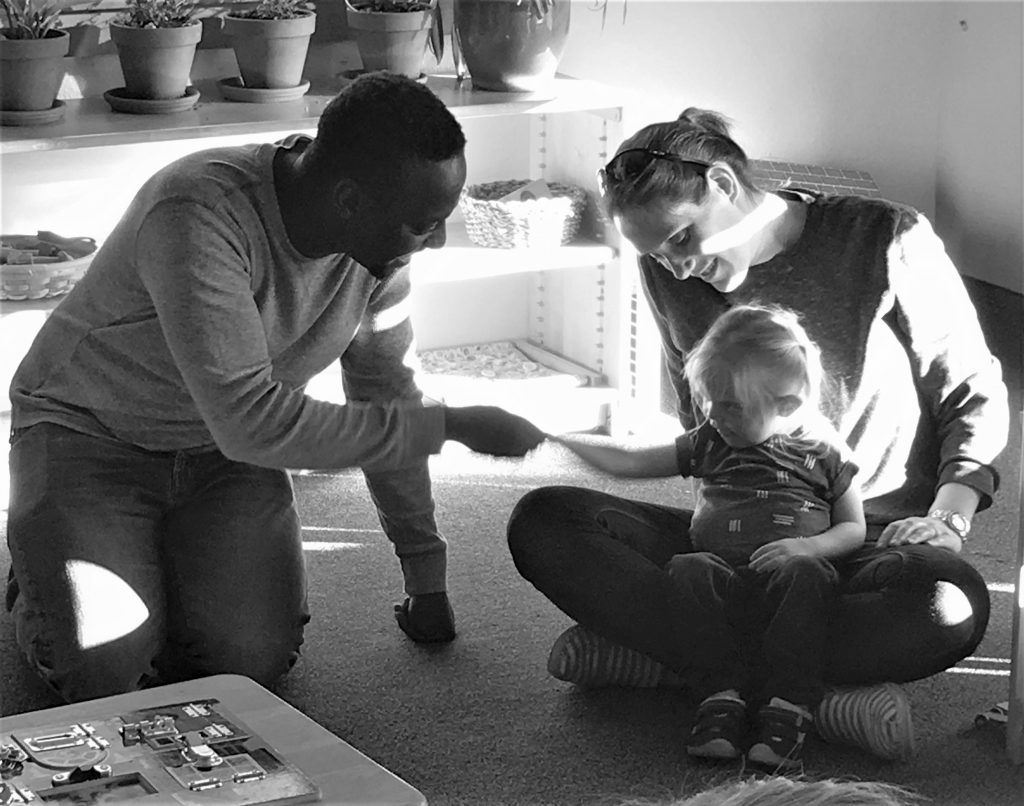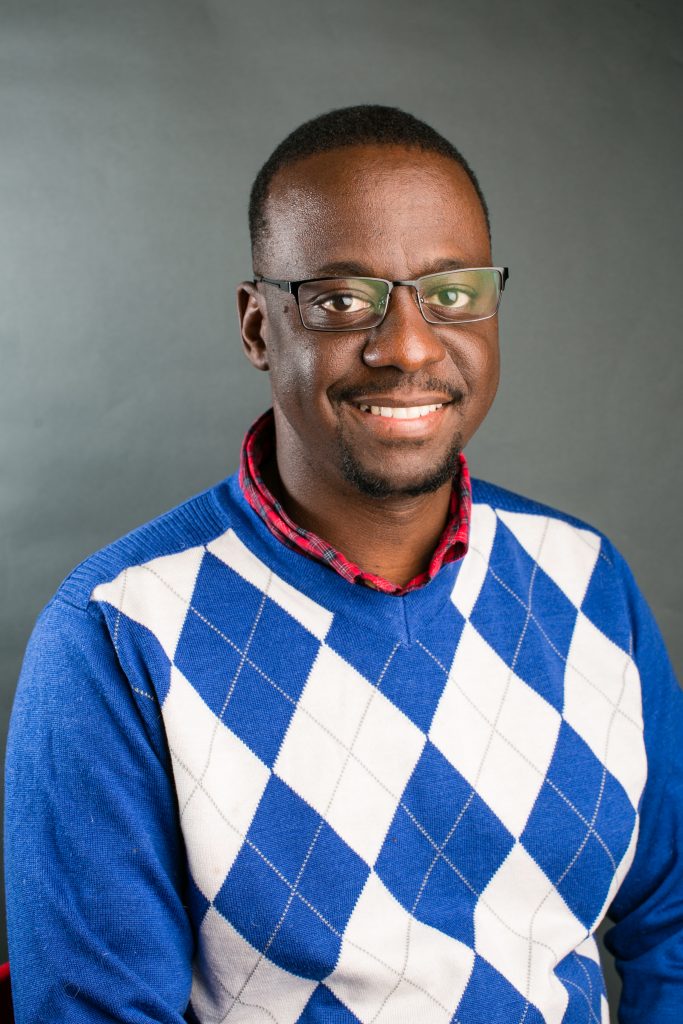
A black male teacher’s experiences in American Montessori schools
I was born and grew up in Zimbabwe, then after college, I moved to Beijing, where I discovered Montessori and started my teacher training. It wasn’t until I moved to the United States of America and completed my Montessori training that I became a highly sought-after teacher. I should hasten to say that I was indeed a good hire—but not for the right reasons (because I had completed my birth to 3 Montessori credentials, emerged from a leadership fellowship, and was completing my second Montessori credential in Early Childhood). Instead, schools wanted me because I am an African, black, male, and gay teacher—the unique combination of these four characteristics was what they were most interested in.
At my first school, in Boulder, Colorado, I gained a new moniker—I became “the African teacher”. I remember struggling for months with what that meant. Was I really carrying the identity of an entire continent? What exactly did they mean by “African teacher”? Why was the school so fascinated and happy I had joined their community? Why were they so eager to put me on their website and in a video for the school? Looking back, perhaps I found it all so overwhelming because I was a recent immigrant, and trying to figure out a lot of other things.
What I now realize is that despite 7 years of teaching in Beijing, I had not yet consolidated my identity as an African, black, male, and gay Montessorian. At the next school I moved to (and at future schools where I worked), I became that “rare specimen”. I’d find newsletters that welcomed me to the school as part of the few “brave” men to have taken on Montessori training in birth to 3 and Early Childhood education. I had not been aware of these layers of my identity, but I caught on early that I was the 1% of the 1% of this perceived minority. I was taken back to Julie Lythcott-Haims’ (2017, p.4) words in her book Real American: A Memoir, about her experience as a black person in America:
There is love at first sight, then there’s American at first sight. From dozens of “where are you from?” interactions (which come with many a patronizing follow-up question) with many Americans over the years, I have learned that American at first sight is about looks—primarily skin color and hair texture — not nationality.

From then on, the struggle was real. I had to grapple with the many layers of my identity. Not only was I a black man, but I was also from Africa and gay. My entire Montessori journey thus far had been shaped by my experience in Asia, which came with its own unique set of challenges. I began to wonder if parts of me were appealing only because they checked certain boxes. For the first time, I was plagued with doubts about whether I truly belonged in a classroom with children, doing what I love most—teaching. I was blindsided by the realisation that I’d need to dismantle other people’s biases; I struggled to find my place in an educational community steeped in American culture, a culture that has struggled with race and identity throughout its history.

A few years ago I was lucky to be selected as part of the American Montessori Society’s Emerging Leaders Fellowship Program. I say lucky, because the organisation happened to be making efforts to diversify the group and make it more representative of the larger population. I remember walking into our first cohort meeting and feeling a little adrift as the only black male teacher. It seemed like they had ticked another box—was I nothing more than “the diversity guy”? For me, experiences like these are commonplace. What was more troubling was that I had become comfortable slipping into this role. It is amazing how easily the system makes you feel “lucky” just to have the opportunity to be part of the group, organisation, school, or classroom. I had become that one nice, ever-smiling teacher from Africa, who’s also male and gay. This visage masked a struggle for existence in these spaces.
Not too long ago I was invited to be part of an equity group that was largely comprised of white folks. It was clear to me which voices occupied that space. I would listen and wait, hoping to get a chance to share my knowledge, experience, and insights, but that rarely happened. The other person who had been a member of this equity committee was quick to remind me of this “new normal”. Spaces designed to raise awareness for people of colour (POC) are made up of white folks who dominate and dictate the conversation, a lens from which we should appreciate diversity. Once again, I found myself as representing a marginalised group, albeit an illusion of representation that portrayed the school as “cool” and engaged in issues facing the people of the Global Majority.

I started reflecting on and growing from all my experiences as a black, male, gay Montessori teacher. I found the strength to break out of the mold that was stifling my vision, my light, my intelligence, and existence. I know I am more than what they see. Yes, I am black, and a unicorn for several reasons society can come up with. I have traveled and lived in different countries and learned different languages, not identity. I have realized that we should not mistake diversity to mean being different but rather differences in people who are essentially similar in their hopes and dreams.
I now know that my existence is grounded in wisdom, and it is evocative and pragmatic at its core in this time of civic rupture and discord. Congressman John Lewis words have kept me strong and an invitation that I extend to the people of global majority lets ‘keep walking and talking…we will cross those bridges together’

Tatenda Blessing Muchiriri was born in Zimbabwe and discovered his love of Montessori when he moved to China where he had the opportunity to work with children for seven years before moving to Boulder, Colorado in 2015. He is passionate about Montessori philosophy and received his AMS Infant/Toddler and Early Childhood credential through Montessori Education Center of the Rockies. He was privileged to be part of the AMS Emerging Leader’s Fellowship 2nd cohort 2018 and currently enrolled Montessori Master’s program.
Reference
Lythcott-Haims, J. (2017) Real American: A Memoir. New York: Henry Holt & Company.